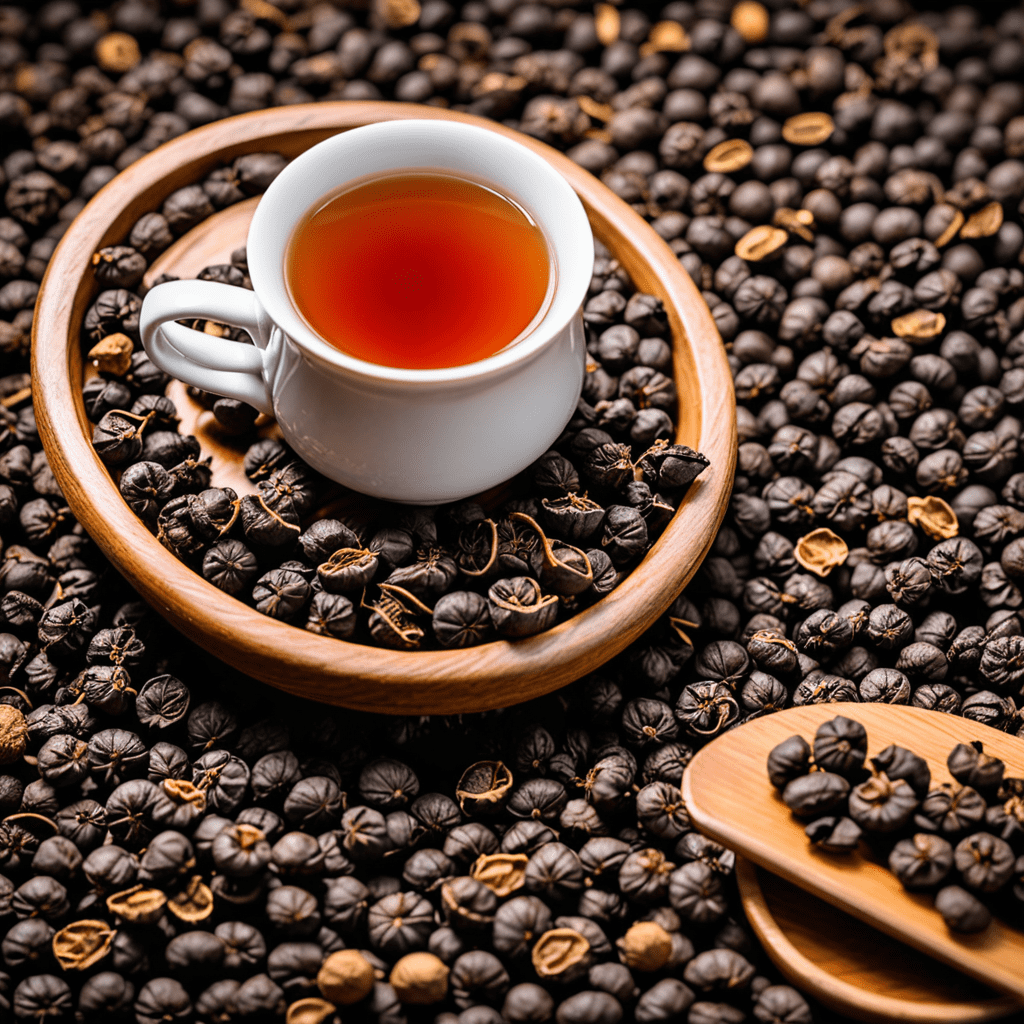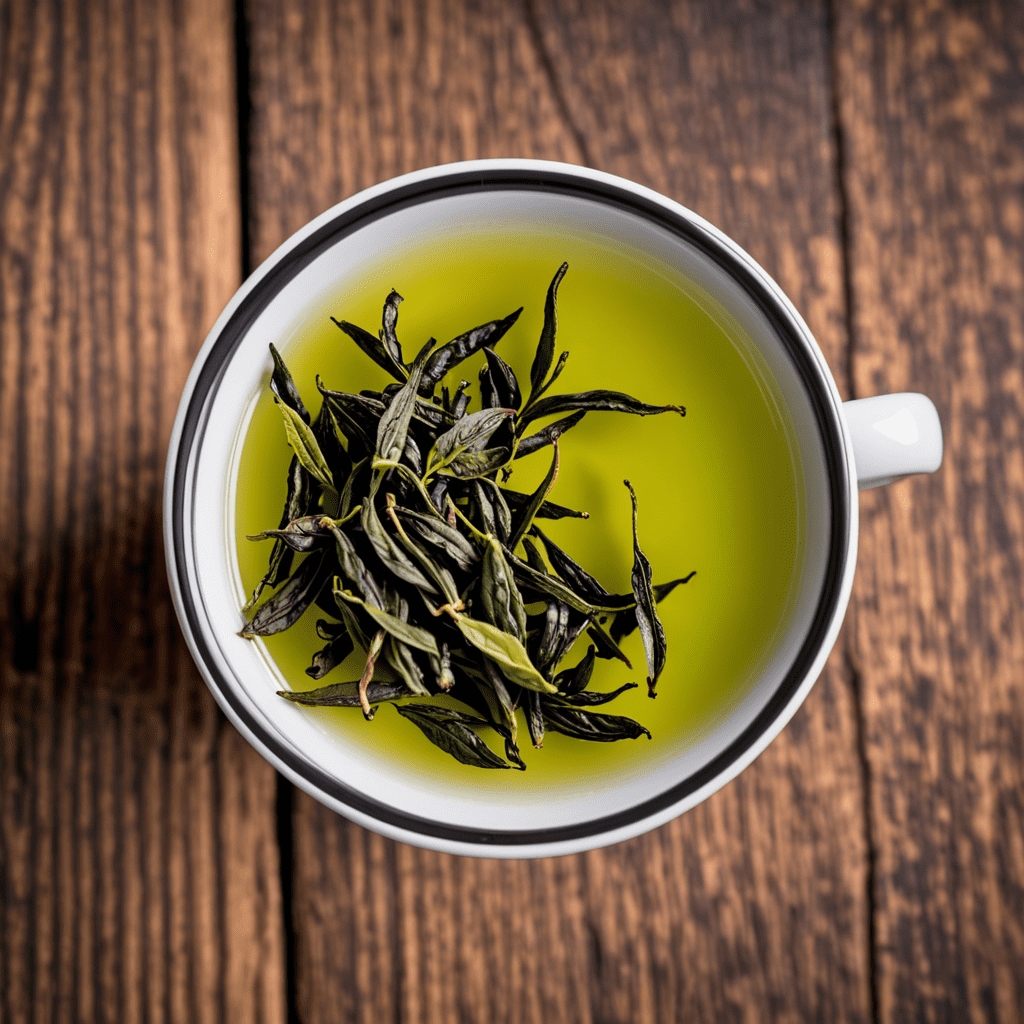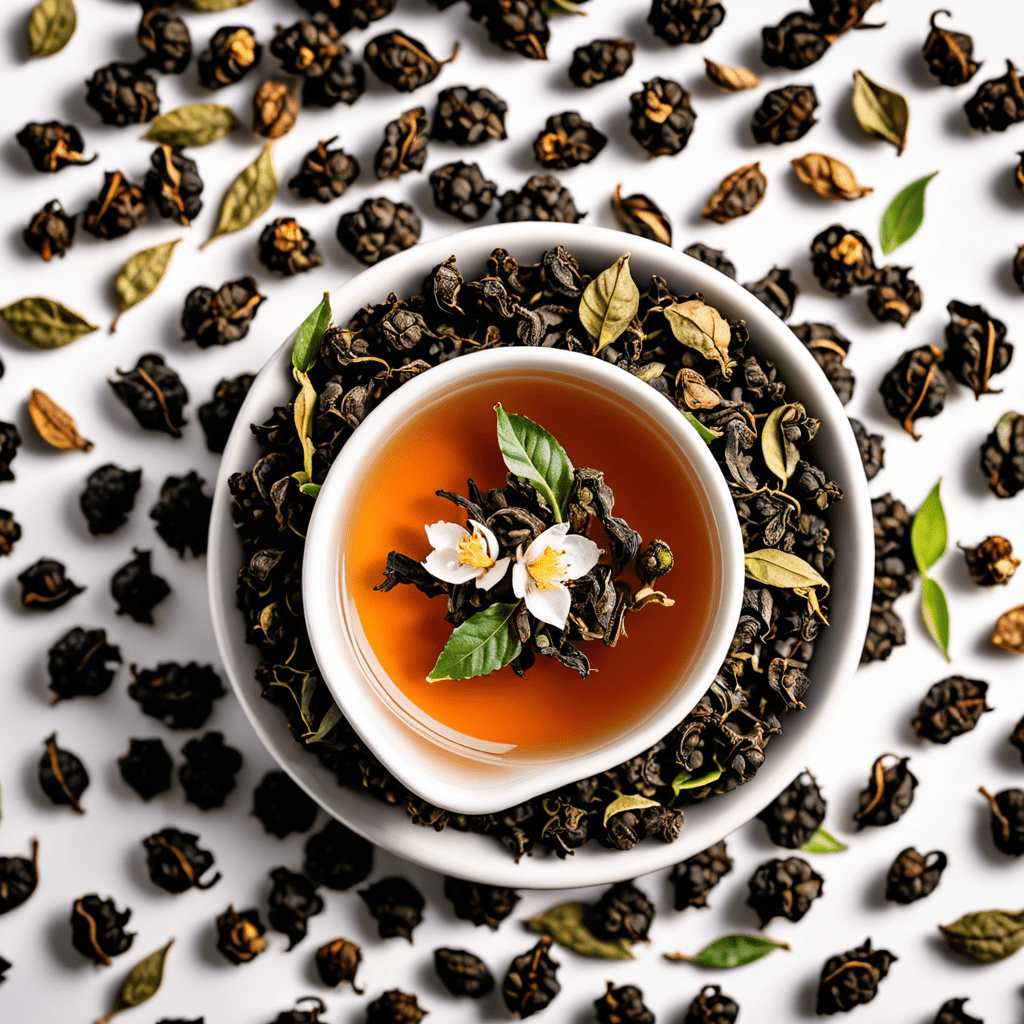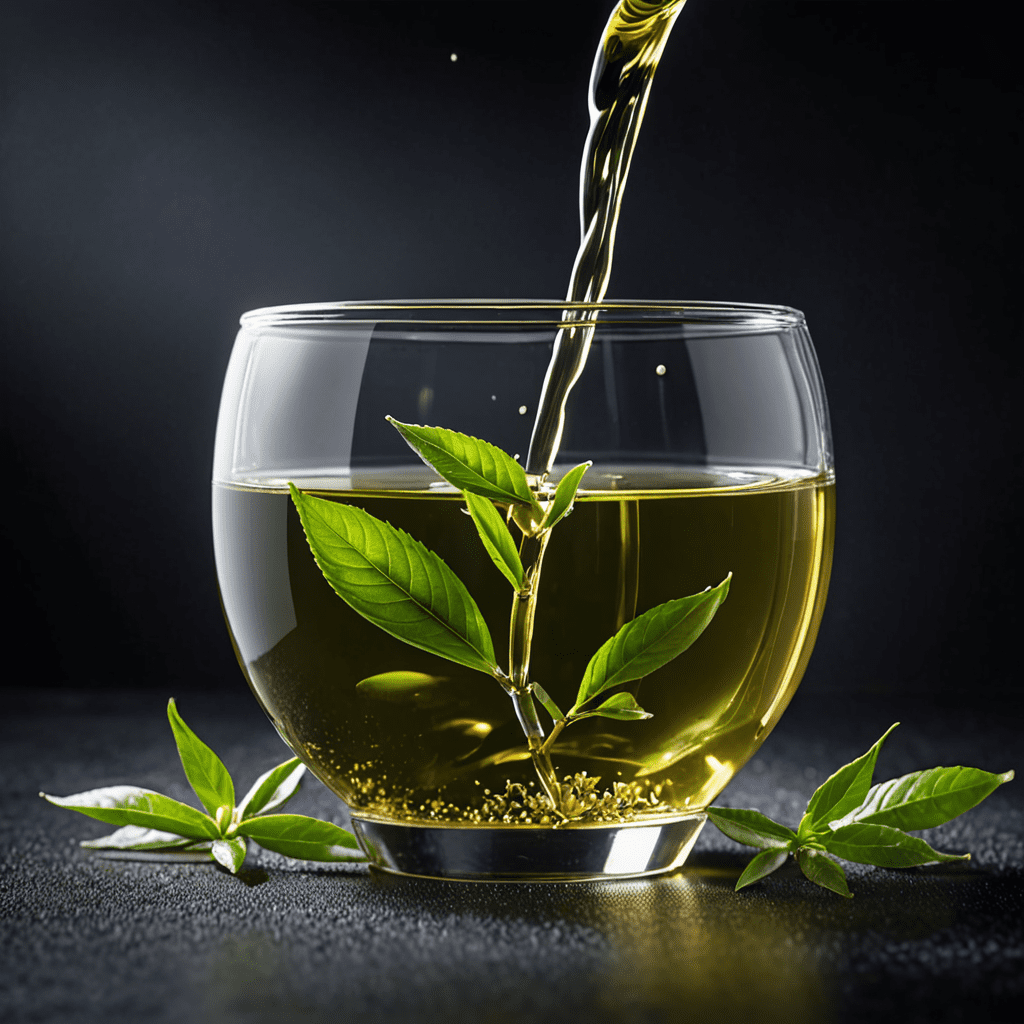Pu-erh Tea: A Symphony of Tea Flavors
Pu-erh tea, a beloved and unique variety of tea, offers a symphony of flavors that tantalize the taste buds of tea enthusiasts around the world. From its rich history to its complex taste profile, Pu-erh tea provides a tea-drinking experience like no other. Let’s dive into the world of Pu-erh tea and explore the nuances that make it a true treasure for tea connoisseurs.
The Origins of Pu-erh Tea
Originating from the Yunnan province in China, Pu-erh tea has a history that dates back centuries. Named after the trading post town of Pu-erh, this tea undergoes a unique fermentation process that sets it apart from other types of tea. The traditional methods of production contribute to the distinct flavors and characteristics that Pu-erh tea is known for.
The Two Types of Pu-erh Tea
There are two main types of Pu-erh tea – raw (sheng) and ripe (shou). Raw Pu-erh is aged naturally over time, allowing its flavors to develop and intensify. On the other hand, ripe Pu-erh undergoes a faster fermentation process, resulting in a smoother and more mellow taste. Both types offer a range of flavors and complexities that evolve with each brew.
Flavor Profiles of Pu-erh Tea
The flavor profile of Pu-erh tea is diverse and multifaceted, ranging from earthy and woody notes to hints of sweetness and a subtle astringency. With each sip, one can uncover layers of complexity that unfold on the palate, providing a truly sensorial experience. The aged varieties of Pu-erh often boast deeper, nuanced flavors that tell a story of time and craftsmanship.
Brewing and Enjoying Pu-erh Tea
When brewing Pu-erh tea, it is essential to pay attention to various factors such as water temperature, brewing time, and the quality of the tea leaves. Whether you prefer to steep Pu-erh in a gaiwan, a Yixing clay teapot, or a traditional teapot, each method can enhance the tea-drinking experience. Experimenting with different brewing techniques can unlock new dimensions of flavor in every cup.
The Health Benefits of Pu-erh Tea
Aside from its exquisite taste, Pu-erh tea is also renowned for its potential health benefits. Rich in antioxidants and believed to aid digestion and weight management, Pu-erh tea offers a holistic approach to well-being. Regular consumption of Pu-erh tea is said to support metabolism, promote gut health, and provide a soothing effect on the body.
Exploring the World of Pu-erh Tea
Embrace the art of tea drinking by delving into the world of Pu-erh tea. Whether you are a seasoned tea aficionado or a newcomer to the world of specialty teas, Pu-erh offers a journey of discovery and delight. From exploring different aged varieties to savoring the intricate flavors, Pu-erh tea invites you to experience a symphony of tea flavors like never before.
In Conclusion
Pu-erh tea stands as a testament to the rich heritage and craftsmanship of tea production. Its harmonious balance of flavors, deep cultural significance, and potential health benefits make it a true treasure in the world of tea. Begin your Pu-erh tea journey today and unlock the symphony of tea flavors that await in every cup.
FAQs About Pu-erh Tea
What is Pu-erh Tea?
Pu-erh tea is a fermented tea produced primarily in the Yunnan province of China. It undergoes a unique aging process that develops its distinct flavors and aroma.
How is Pu-erh Tea Different from Other Teas?
Unlike green or black teas, Pu-erh tea is post-fermented, allowing beneficial bacteria and mold to interact with the tea leaves. This process imparts earthy, complex flavors to the tea.
Is Pu-erh Tea Considered a Healthy Option?
Pu-erh tea is believed to have various health benefits, such as aiding digestion, reducing cholesterol levels, and promoting weight loss. However, it’s essential to consume it as part of a balanced diet for optimal results.
How Should Pu-erh Tea be Brewed?
To brew Pu-erh tea, use boiling water and steep the leaves for about 3-5 minutes. The tea can be steeped multiple times, with each infusion offering a unique flavor profile.
Does Pu-erh Tea Have Caffeine?
Yes, Pu-erh tea does contain caffeine, but the levels can vary depending on factors like the type of leaves and the brewing method. It generally has less caffeine than black tea



